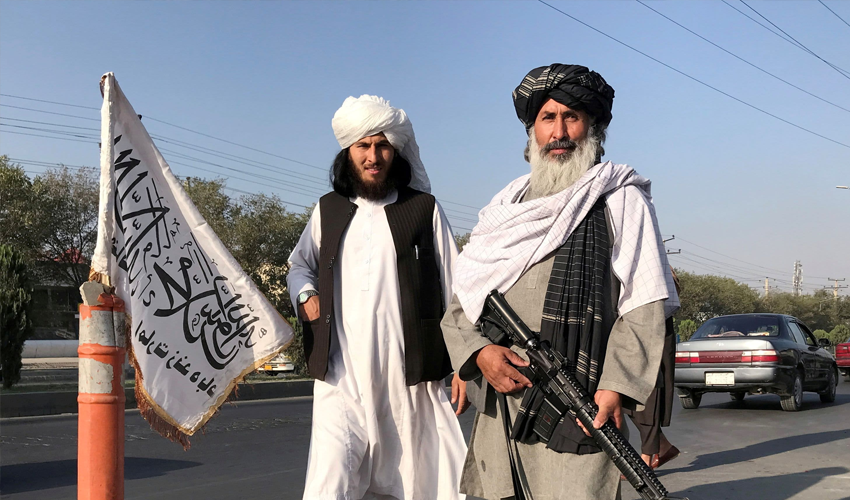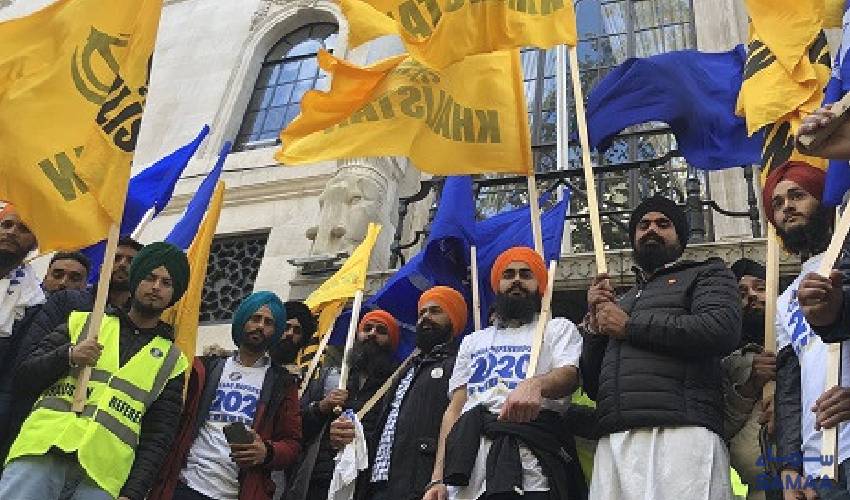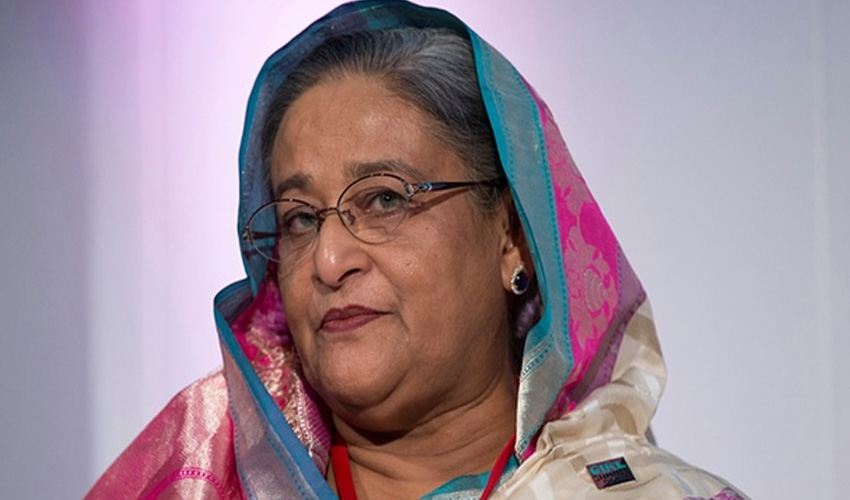The humanitarian crisis in Afghanistan has reached alarming proportions under Taliban rule, with reports of egregious human rights abuses continuing to emerge from across the war-torn nation.
Since seizing power in 2021, the Taliban have imposed a reign of terror, instilling fear among civilians and subjecting them to brutal punishments in blatant disregard for international norms.
In a recent harrowing incident in northern Afghanistan, over 63 individuals, including 14 women, were subjected to public floggings, marking a stark escalation in the Taliban's campaign of repression. These individuals were purportedly accused of offenses such as homosexuality, adultery, and other alleged moral transgressions, highlighting the Taliban's draconian interpretation of justice.
"The Taliban's actions are a gross violation of international human rights law," stated a spokesperson for the United Nations, condemning the public executions and corporal punishments inflicted by the insurgent group. Despite widespread international condemnation, the Taliban have defiantly ignored calls for restraint, deepening concerns over the fate of vulnerable populations.
Since their ascension to power, the Taliban have instituted sweeping restrictions, particularly targeting women and girls. Educational opportunities for girls have been severely curtailed, and Afghan women find themselves increasingly marginalized and deprived of basic rights they once enjoyed.
"This resurgence of Taliban oppression is a grave setback for human rights in Afghanistan," remarked a representative of an international human rights organization. "The international community must act swiftly and decisively to prevent further deterioration and uphold the fundamental rights of all Afghans."
As the situation continues to deteriorate, urgent calls for international intervention have intensified, with advocates urging coordinated efforts to alleviate the suffering of Afghan civilians and restore hope to a beleaguered nation.



























